If you want to build a following for your business online, running a website is one of the most effective strategies you can employ. However, not just any tool will do when you’re setting up that site. To maximize your site’s potential, you need to choose the best website builder for small business.
While there are plenty of contenders out there, WordPress is one of the top options. It’s powerful, flexible, and very secure. It’s also incredibly easy for beginners to use. Plus, the vast WordPress community offers lots of tools your small business can leverage to its advantage.
In this post, we’re going to explore three reasons WordPress is the best website builder for small business.
Let’s start with the basics!
An introduction to WordPress
When we refer to “WordPress”, we’re talking about the open-source WordPress software at WordPress.org. This is different than WordPress.com.
It used to be true that building a website was something only a professional web developer could do well. However, there are now lots of tools available to help you put together a site quickly and easily. For a long time, WordPress has been one of the best options:
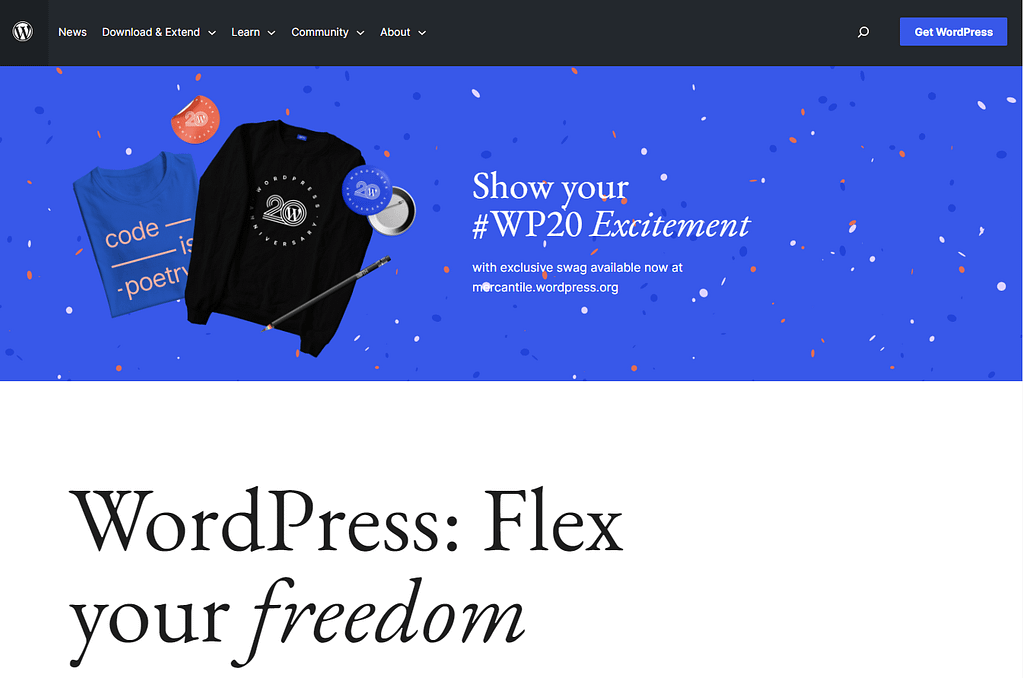
WordPress is a Content Management System (CMS), but don’t let that term intimidate you. All it really means is that WordPress enables you to create web-based content. In other words, it’s a platform for building websites.
Back when it was first developed, WordPress was primarily a piece of blogging software. Since then it’s grown to the point where it’s ideal for all types of websites. In fact, WordPress powers 43.2% of all the websites on the Internet, so we really do mean all types [1]!
A lot of that is due to how easy WordPress is to use, and how fully you can customize your site without touching a single line of code.
If you’re reading this, you’re probably more interested in what this platform has to offer specifically for businesses and why it’s the best website builder for small business.
Three reasons why WordPress is the best website builder for small business
Now that you know what WordPress is, let’s look at three specific reasons why WordPress is the best website builder for small business.
- You get access to many business-specific tools for building your site
- It’s easy to control who can comment and how
- There are a lot of monetization opportunities available
1. You get access to many business-specific tools for building your site
WordPress is an open-source platform. That means it’s free, and is developed by a large community rather than a single company focused on profit. This results in a lot of benefits, but possibly the most crucial upside is the community itself.
Users of WordPress and developers associated with the platform have created thousands of add-ons you can install on your site to customize the way it looks and acts. Many of these add features that support a particular type of site or niche.
For instance, appearance is very important to a small business website. You need your site to look clean and professional, as well as visually compelling. To do this, you can choose from a wide range of business-specific themes. You can even find options that tweak your site’s look and layout to match the type of business you’re running – such as photography themes and restaurant themes:
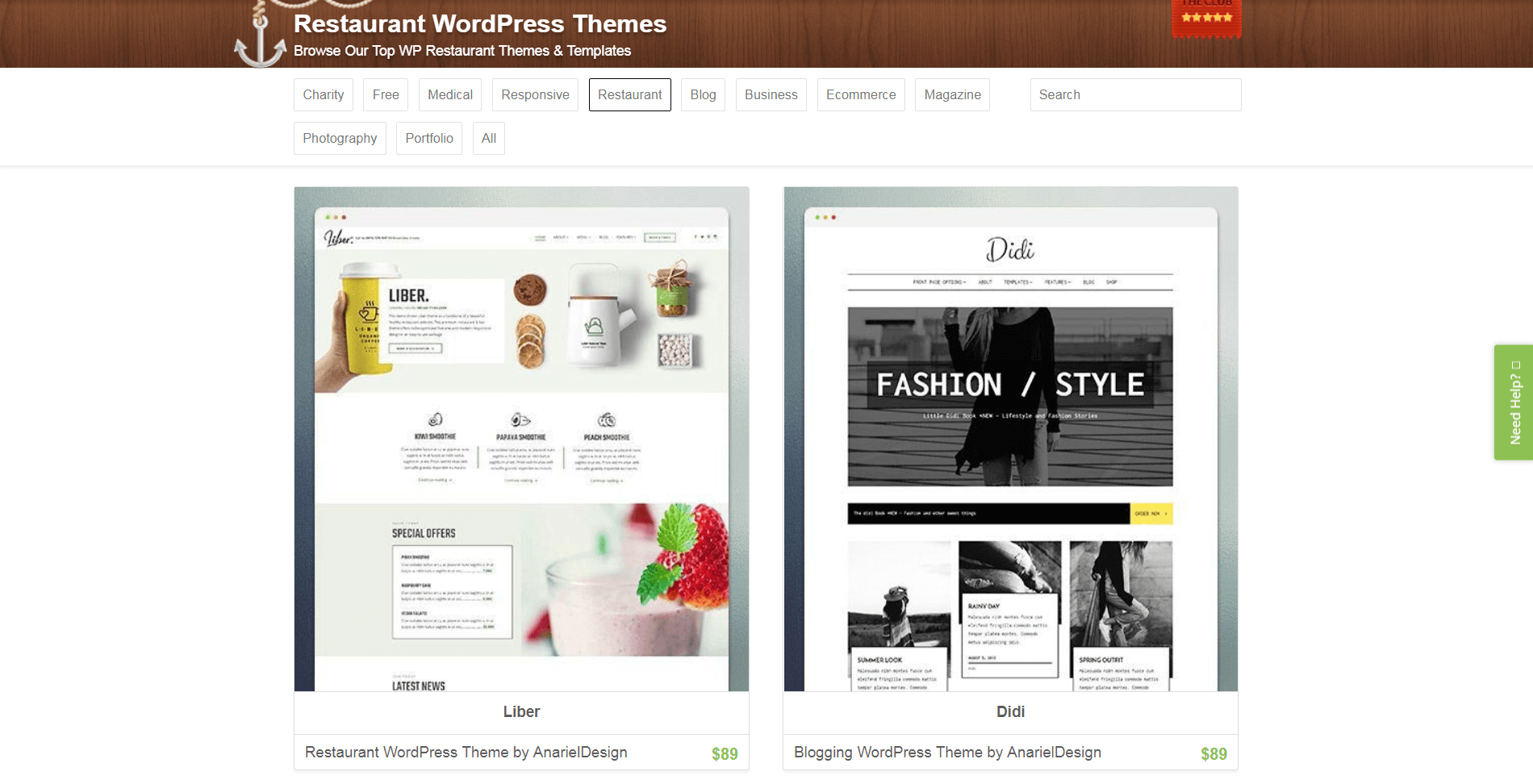
If you find that your small business site requires elements or features that WordPress doesn’t offer by default, you can add them easily using extensions called plugins. There are lots of free and low-cost plugins that are either specially designed for businesses, or offer functionality you’re likely to need. For example, WP Go Maps lets you embed a map of your location on your site, and WPForms enables you to add a contact form that lets customers, potential business partners, and others get in touch.
2. It’s easy to control who can comment and how
Engagement is important online. People expect to interact with the sites they visit, rather than just passively consuming content. If you want to catch the attention of potential customers and clients, it’s important to provide opportunities for that engagement to happen. This is particularly relevant for smaller businesses, which tend to rely on personal interactions and developing relationships.
At the same time, your business website isn’t a social media platform. You’ll want to keep it professional, and avoid letting just anyone add their own content and thoughts. Fortunately, WordPress enables a high level of control over how visitors can interact with your site.
For instance, you can fully customize how comments work and where they’re accepted. Under the Settings > Discussion tab in your dashboard, you’ll find a host of options that let you tweak this core functionality:
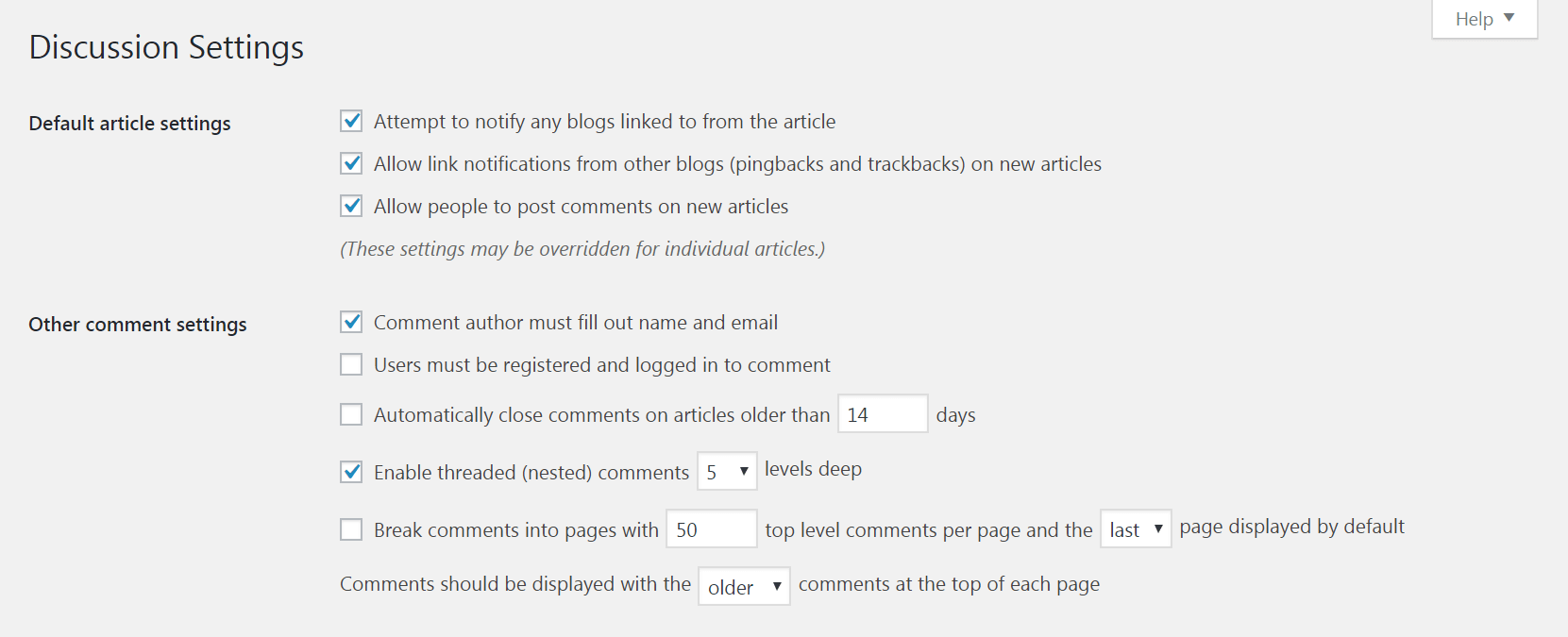
You’ll probably want to disable comments on your pages, which is actually done by default. However, you may wish to incorporate a blog or news page and enabling comments on those posts can be a smart move, since that lets your visitors participate in the discussion.
At the same time, you’ll want to keep an eye on the posted comments. Again, this is a simple task with WordPress. You can hold comments for moderation before they’re approved, create a blacklist of words and phrases that will be flagged, and even require users to log into an account before posting any messages.
Along with inappropriate comments, you’ll also want to filter out any spam messages. These can really erode trust, and make your small business site look disreputable. All you’ll need to avoid this potential pitfall is a solid plugin, such as Akismet Anti-Spam (which is included by default on many WordPress installations).
3. There are a lot of monetization opportunities available
The last reason WordPress is the best website builder for small businesses may be the most important. A small business usually has a tight budget, which means that any opportunity to make some extra revenue is welcome.
Monetizing your business site is a smart way to accomplish more than just building an audience and sharing information.
As a WordPress user, you’ll have access to a lot of methods for doing this. These range from nearly passive income sources, to more elaborate strategies. Here are a few of the top options:
- Include ads on your site. This is a quick and simple method for making a little money on your site. However, to keep your business site professional, you’ll want to be careful about how many ads you use, and what they’re promoting.
- Accept donations. Whether or not this makes sense will depend on your business and audience, but the process of enabling donations is simple.
- Get involved in affiliate marketing. Using this monetization technique, you can promote other companies’ products and services in exchange for small commissions. As with ads, the key to doing this right is to be careful about what items you promote, and to consider what your customers will find valuable.
- Create an ecommerce store. You can also sell your own goods and services directly from your website. All you’ll need is an ecommerce tool such as WooCommerce or Shopify.
You’re also free to mix and match the above techniques, choosing whichever ones best suit your needs. The important point here is that WordPress enables you to build a site that represents your small business professionally, while also supporting it financially.
Conclusion 🏁
When you’re running a small business, you can’t afford to make mistakes. That includes choosing the wrong platform to build your company website, and having to start all over again from scratch. To avoid this scenario, you’ll want to do your research about choosing WordPress vs a website builder beforehand.
We’re partial to WordPress – in fact, we think it’s the best website builder for a small business. Let’s recap why that is:
- You get access to many business-specific tools for building your site.
- It’s easy to control who can comment and how.
- There are a lot of monetization opportunities available.
Do you have any other questions about why we think WordPress is the best website builder for small business? Let us know in the comments section below!


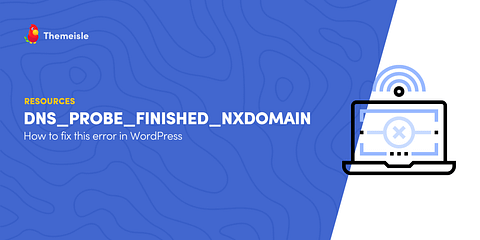
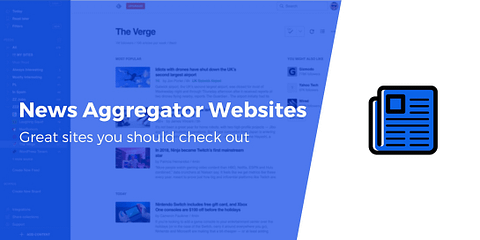
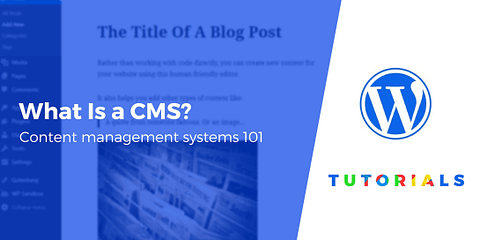
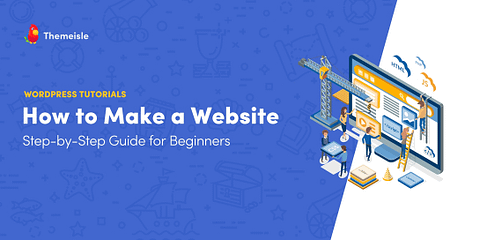
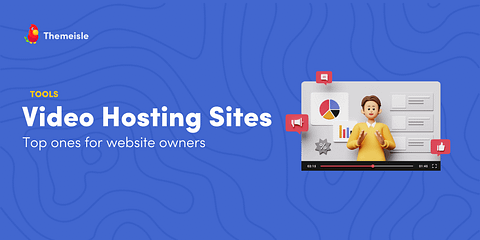
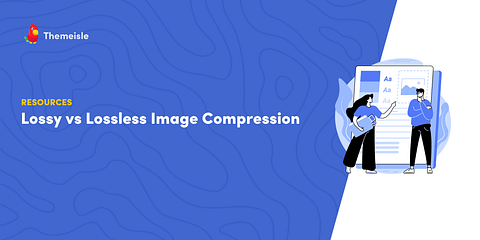

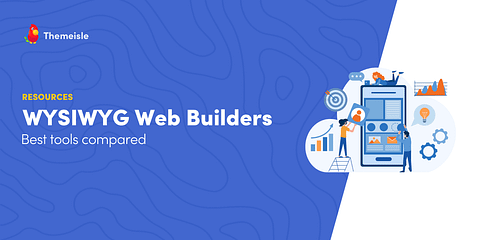
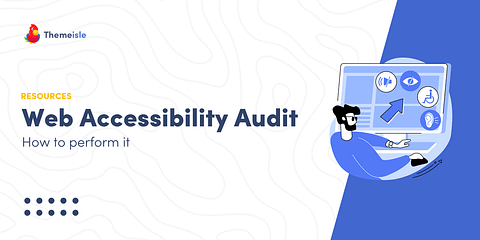
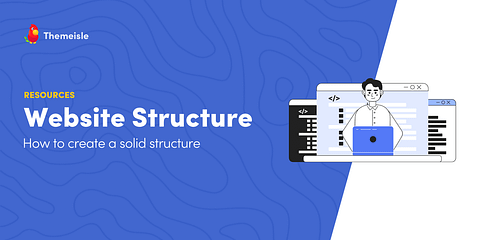
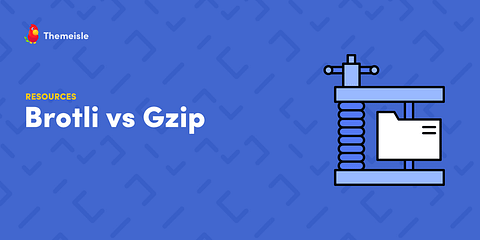

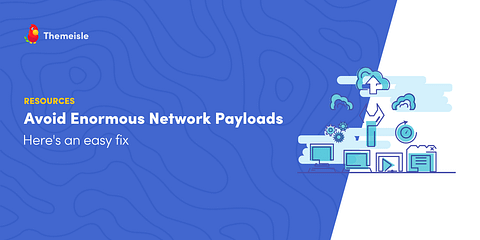
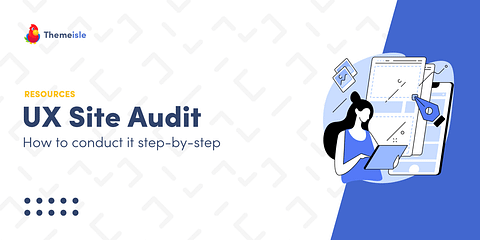

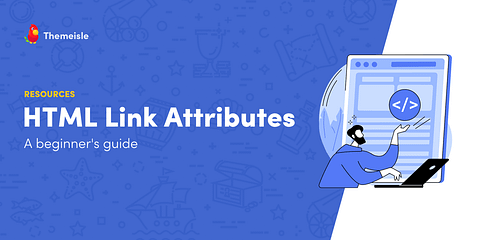
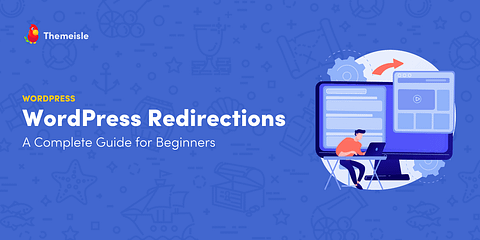
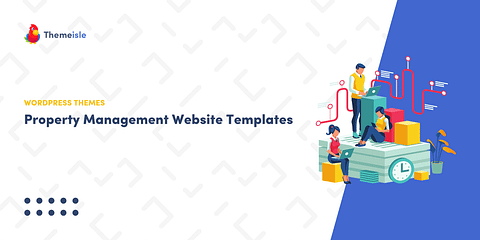
Or start the conversation in our Facebook group for WordPress professionals. Find answers, share tips, and get help from other WordPress experts. Join now (it’s free)!